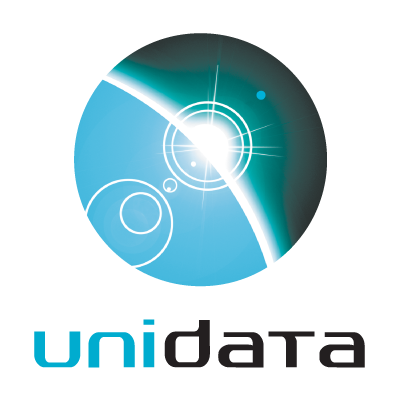Hydro-Terrestrial Earth Systems Testbed (HyTEST)

A community modeling testbed
HyTEST, the Hydro-terrestrial Earth Systems Testbed project is a new partnership between NCAR and the United States Geological Survey (USGS) Division of Water Resources which hopes to establish a long-term framework for governance, objective criteria for model benchmarking, evaluation, and evidence-based decision making while undertaking collaborative research. The purpose of the project is to jointly create a testing environment and resources to support community research and development in an Earth systems approach (integrative and coupled) to bedrock and boundary layer water cycle processes. A new community modeling testbed for integrated analysis and prediction will emerge from this partnership. NCAR is taking an actionable Earth system science approach to help transfer these technological advances through the testbed in support of the USGS mission deliverables.
Collaborators
 USGS (United States Geological Survey) Water Resources Division
USGS (United States Geological Survey) Water Resources Division
Water information is fundamental to national and local economic well-being, protection of life and property, and effective management of the Nation’s water resources. The USGS works with partners to monitor, assess, conduct targeted research, and deliver information on a wide range of water resources and conditions including streamflow, groundwater, water quality, and water use and availability.
CONUS404 Forcing
Orographic precipitation and snowpack provide a vital water resource for the western U.S., while convective precipitation accounts for a significant part of annual precipitation in the eastern U.S. As a result, water managers are keenly interested in their fate under climate change. The WRF-downscaled climate change simulations provide a high-resolution dataset (i.e., High-Resolution CONUS downscaling, HRCONUS) to the community for studying one possible scenario of regional climate changes and impacts.
WRF-Hydro
The WRF-Hydro® Project develops leading edge hydrometeorological and hydrologic models and modeling support tools to investigate critical water issues around the globe. As an open platform, we strive to build and support a diverse and inclusive community of hydrologic scientists and practitioners to meet worldwide needs for water resource planning, hazard prediction and mitigation.
 Unidata
Unidata
Unidata is a diverse community of education and research institutions with the common goal of sharing geoscience data and the tools to access and visualize that data. For more than 30 years, Unidata has been providing data, software tools, and support to enhance Earth System education and research.